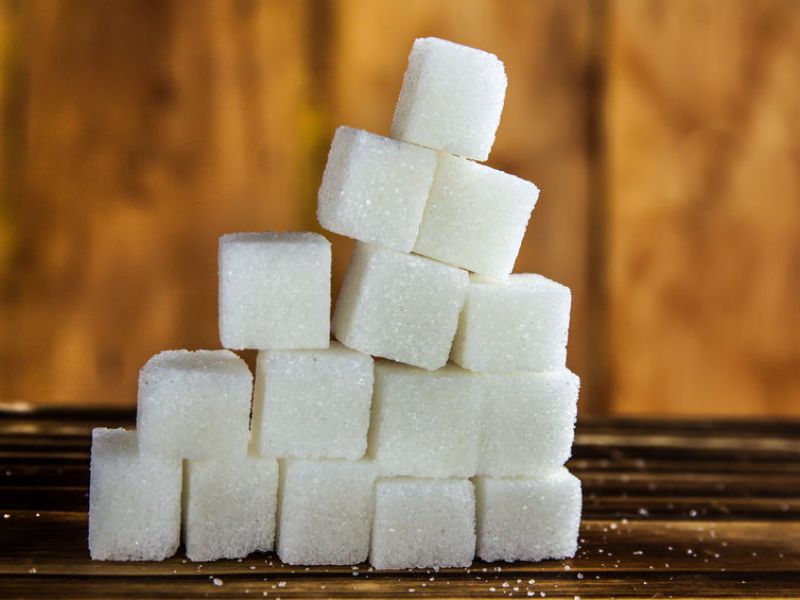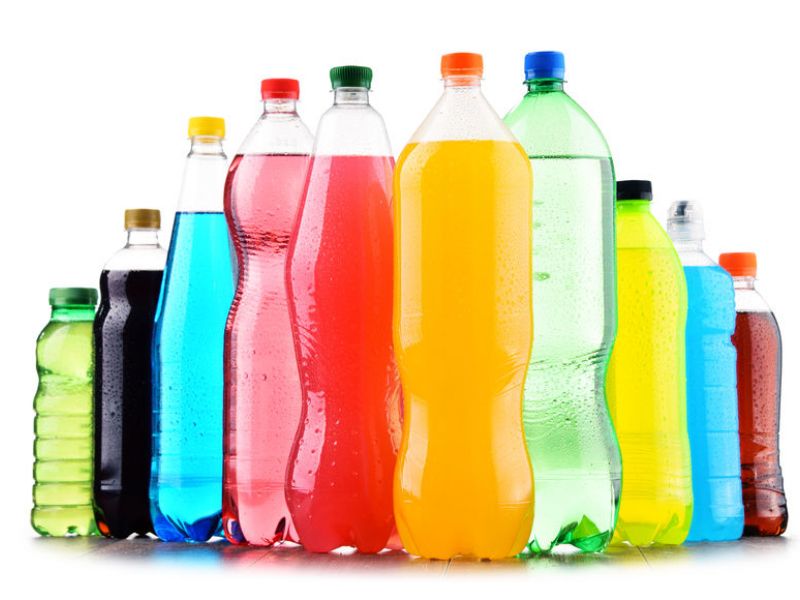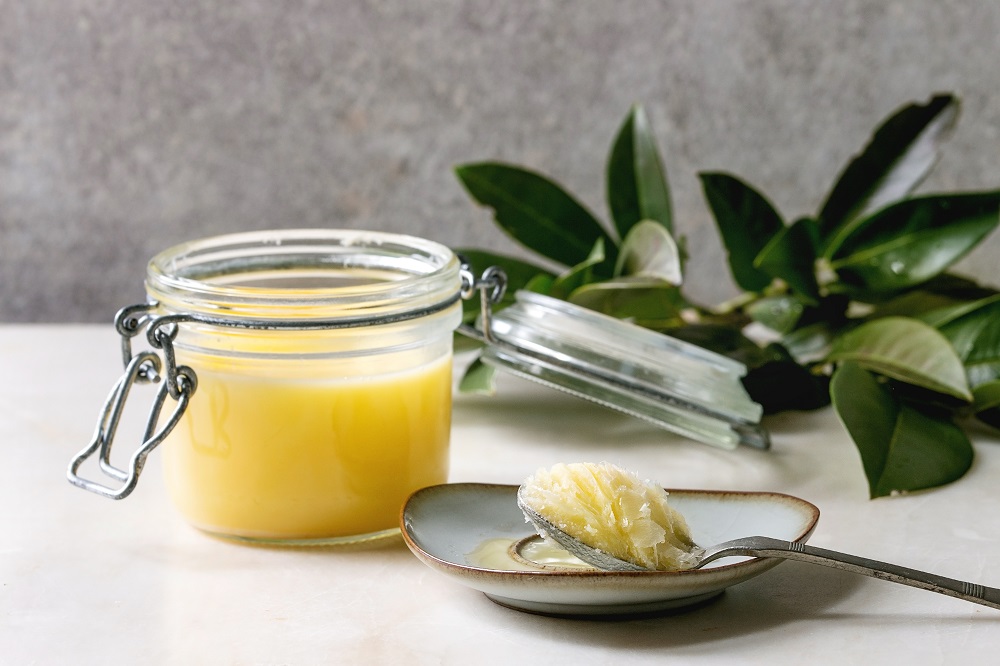Sugar - the silent danger
The closer we get to the Christmas holidays, the more sweets are on the menu. They are temptingly served up and are supposed to sweeten the dark season for us. Ayurvedic texts also recommend an increased intake of sweet flavours during the dark, Vata-dominated season. Is this an invitation to consume more sugar? Studies in recent years show many risks of sugar consumption.
How harmful is sugar really? Can sugar be addictive?
"When I'm tired or stressed, I need my piece of chocolate!" We often hear this statement from our patients. Sugar seems to be a "soul comforter". And this also explains why it becomes particularly "important" in times of high stress. Unfortunately, there is a catch: it is very difficult to stop consuming sugar once you are used to it. Sugar has a high addictive potential. In animal studies, sugar has a stronger addictive effect than cocaine: stressed animals turn to sugar in 94% of cases instead of an addictive substance such as cocaine.
Sugar as a stress killer - sweet taste reduces Vata
According to Ayurveda, the taste of sweet balances Vata. However, this flavour is not only found in sugar, but also in less concentrated form in grains, oils, protein foods and fruits. In the history of evolution, there have never been sweets as concentrated as sugar, which is used practically everywhere today. The taste of sweet activates a reward system in the brain. The high concentration of sweetness in sugar disproportionately stimulates the "reward centre" in the brain, leading to addiction. People with Vata excess due to stress or with predominant Kapha (this includes all children) are particularly at risk for sugar addiction.
Sugar is (almost) everywhere
Have you ever tried to live completely without sugar for a week? It is almost impossible. If you take a close look at the composition of ready-made foods, you will find that sugar is added almost everywhere. Not only desserts, but also many types of bread, sausages, spreads and pickled vegetables have varying amounts of sugar, not to mention drinks and sweet or salty snacks. The food industry employs its own "food designers" who put together ready-to-eat foods to make the taste as appealing as possible. This is to encourage consumers to eat more of it than they actually need to satisfy their hunger.
Proven health risks of sugar
A new study in the British Medical Journal links consumption of sugary drinks to higher cancer risk. This study evaluated 100,000 adults with an average age of 42. The study participants had to record their daily consumption of sugary drinks, including pure fruit juices, for 9 years. Even consuming less than 100g of sugar per day increased overall cancer risk by 18%, and breast cancer risk by 22%. This is equivalent to one litre of cola, Red Bull, soda or fruit juice such as apple juice per day. Some energy drinks contain 27 lumps of sugar per half-litre. The sugar does not have to come from drinks to increase the risk of disease. A diet high in refined carbohydrates (= sugar) in food and beverages has been linked in long-term studies to the following disease patterns: obesity, insulin resistance and type 2 diabetes, heart attacks, strokes and Alzheimer's dementia.
Sugar industry more powerful than edible fat producers
A 2016 study in the medical journal Jama Internal Medicine found that the sugar industry paid off bribing scientists in the 1960s to sweep potential health dangers of sugar under the carpet. Instead, these "researchers" claimed that fat and cholesterol were the cause of heart attacks and the like and downplayed the proven role of sugar consumption as a risk factor.
How do I get away from sugar?
Maharishi Ayurveda offers three important strategies to reduce harmful sugar consumption. The emphasis is on reduce. Completely giving up sugar is hardly possible these days and not absolutely necessary for a healthy life. Pay attention to the following tips:
- Eat whole foods from organic sources with all 6 flavours. Eating whole foods gives your brain additional information for the reward system and therefore makes it easier to give up sugary foods and drinks.
- Refrain from all snacks between meals. Anything that has more nutritional value than plain water or unsweetened tea counts as a snack. This may seem very difficult at first. It can work well if you replace snacks (and drinks) with sips of hot water.
- An Ayurvedic cleansing cure at least twice a year. Our herbal detox cure and our webinars are ideal for this.
Quellen:
https://www.ncbi.nlm.nih.gov/pmc/articles/PMC1931610/
British Medical Journal https://www.bmj.com/content/366/bmj.l2408
Jama Internal Medicine https://jamanetwork.com/journals/jamainternalmedicine/article-abstract/2548255






We look forward to your feedback!